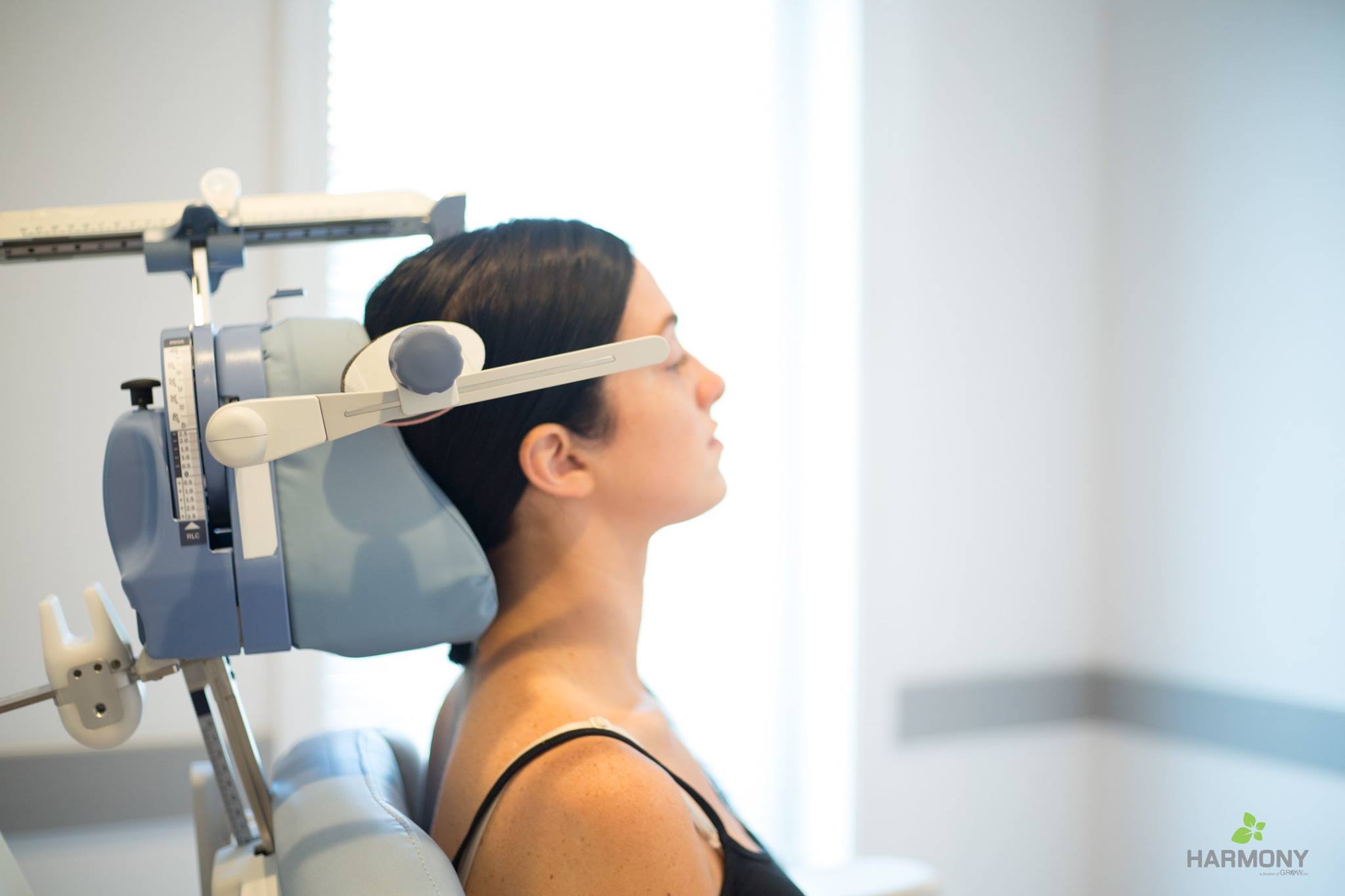Emotions can be complex and difficult to understand. For people with Asperger’s Syndrome who may struggle to empathize with others, making sense of how other people feel can be even more daunting than it is for their neurotypical peers. This makes navigating everyday social situations a challenge, which is why our counselors in Pittsburgh and West Virginia are dedicated to helping our patients with Asperger’s Syndrome increase their ability to empathize with others.
Studies have suggested that Transcranial Magnetic Stimulation (TMS) Therapy may be able to help in this journey. John Elder Robinson, author and former Pittsburgh resident, recently opened up about his experience receiving TMS therapy to help him empathize with others.
By continuing to share his experience, we hope to spread awareness of:
- The challenges that people with Asperger’s Syndrome face
- What TMS therapy is and how it works
- How TMS therapy can benefit patients with Asperger’s Syndrome

Experiencing Life with Asperger’s Syndrome
Asperger’s Syndrome has been around since the 1940s, when Vietnamese pediatrician Hans Asperger observed that some boys with normal intelligence and language development exhibited autism-like difficulties with behavior and communication. Today, Asperger’s Syndrome is often thought of as a “less severe” or “high-functioning” form of autism.
Usually, Asperger’s Syndrome appears early in a child’s life and can be identified by behaviors such as:
- Difficulty making eye contact
- Few facial expressions
- Awkward or clumsy body postures
- Failure to develop friendships with peers
- Lack of sharing interests or achievements with others
- Significant preoccupation with one or two restricted topics
- Inflexible routines
- Repetitive motor mannerisms
- No general delay of language development
- No significant delay in cognitive development (reading, math, and self-help skills, etc)

What is TMS Therapy, and how can it help?
Transcranial Magnetic Stimulation (TMS) Therapy is an exciting treatment for several mental illnesses and disorders that has been gaining momentum in recent years. The FDA-approved therapy involves using magnetic pulses– which are delivered by a special magnetic coil placed against the patient’s scalp– to stimulate areas of the brain that may not be functioning properly.
The reason TMS therapy is such an exciting option is that it is a non-drug, non-invasive treatment solution, and it isn’t associated with many of the more severe side effects that medication therapies can cause. The most common side effects of TMS therapy are mild head and neck aches or slight irritation where the coil was placed against the scalp. Compare these with the long list of side effects that drug-based treatments can cause, and you’ll quickly understand why TMS therapy is making waves in the psychiatric community.
After winning its FDA-approval, TMS therapy is widely accepted as a safe and effective treatment for depression. While TMS therapy as a treatment for Asperger’s Syndrome is not yet
For a few decades, researchers have explored TMS therapy as a safe and effective treatment for depression. More recently, TMS therapy for Asperger’s Syndrome has be generating a great deal of attention.
Research has suggested that TMS therapy is safe for those with autism spectrum disorders such as Asperger’s Syndrome, however more research (and more stories like the one below) are needed before we can expect to see TMS approved by the FDA for other applications as well.

Author John Elder Robison Opens Up About How TMS Therapy Changed His Life
When John Elder Robison was diagnosed with Asperger’s Syndrome at age 40, he was relieved to finally have a name for what he had been experiencing since childhood. Decades of misinterpreting social cues and being unable to interpret the emotions of those around him left him feeling socially isolated, which is why he decided to give TMS therapy a try.
According to Robison, when he made the decision to undergo TMS therapy, many of his friends and family members were concerned because they didn’t understand what TMS therapy was or how it really worked.
“Many people’s vision of this kind of therapy is like horror movies of people strapped in chairs and getting their head plugged into an electrical socket, and that’s not the case at all,” he told Barbara Vancheri of the Pittsburgh Post Gazette.
This perception of TMS therapy is rooted in reports from the early days of another type of therapy, Electroconvulsive Therapy (ECT). While TMS therapy and ECT are completely different treatments, recent studies have shown that even ECT itself is often misunderstood. In Hollywood, ECT looks barbaric and painful, but in reality, it too is a safe and effective therapy.
Robison, the 58 year old author of the memoir “Look Me in the Eye” and more recently “Switched On: A Memoir of Brain Change and Emotional Awakening” reports that his experience with TMS therapy was “not at all a scary thing.”
As he explained to Ms. Vancheri: “TMS is delivered when you’re fully conscious. You’re sitting in a chair and you hear a pop and you feel like a tap on the top of your head, but there is not really a sensation at all inside your head because you don’t have nerves in there so you don’t feel pain or good from that, but what’s interesting is, as the TMS goes, it’s every second, it goes pop, pop, pop.”
But did it work?
According to John Elder Robison, it absolutely has.
Robison likens the experience of “waking up” his emotions with TMS therapy to a colorblind person suddenly finding themself with ability to see more than just grays.

Stories like John Elder Robison’s provide hope that TMS therapy will be able to help more people with Asperger’s Syndrome unlock their emotions and connect with the people in their lives.For people with Asperger’s Syndrome, interpreting other people’s emotions can be difficult, which makes it difficult to navigate many social situations. TMS therapy may hold the key to unlocking emotions for these people, giving them an unprecedented opportunity to connect with the world– and the people– around them.
